Customer Relationship Management(CRM) is more about managing and improving customer relationships. CRM system is a technology that will help you deliver experiences and give your business an edge over competitors.

This article will help you learn about latest CRM trends that will help you stay ahead in the competition.
Top CRM Trends to watch for in 2025:
- AI
- Omnichannel Marketing
- Voice Technology
- Mobile CRM
- Integrations
- AR and VR
- Customer Experience
- Automation
- Industry-Specific CRM
- Analytics
It is essential to learn about the new CRM tools, trends, and technological advancements to drive growth. These trends will help you to forecast what to expect from the best CRM software.
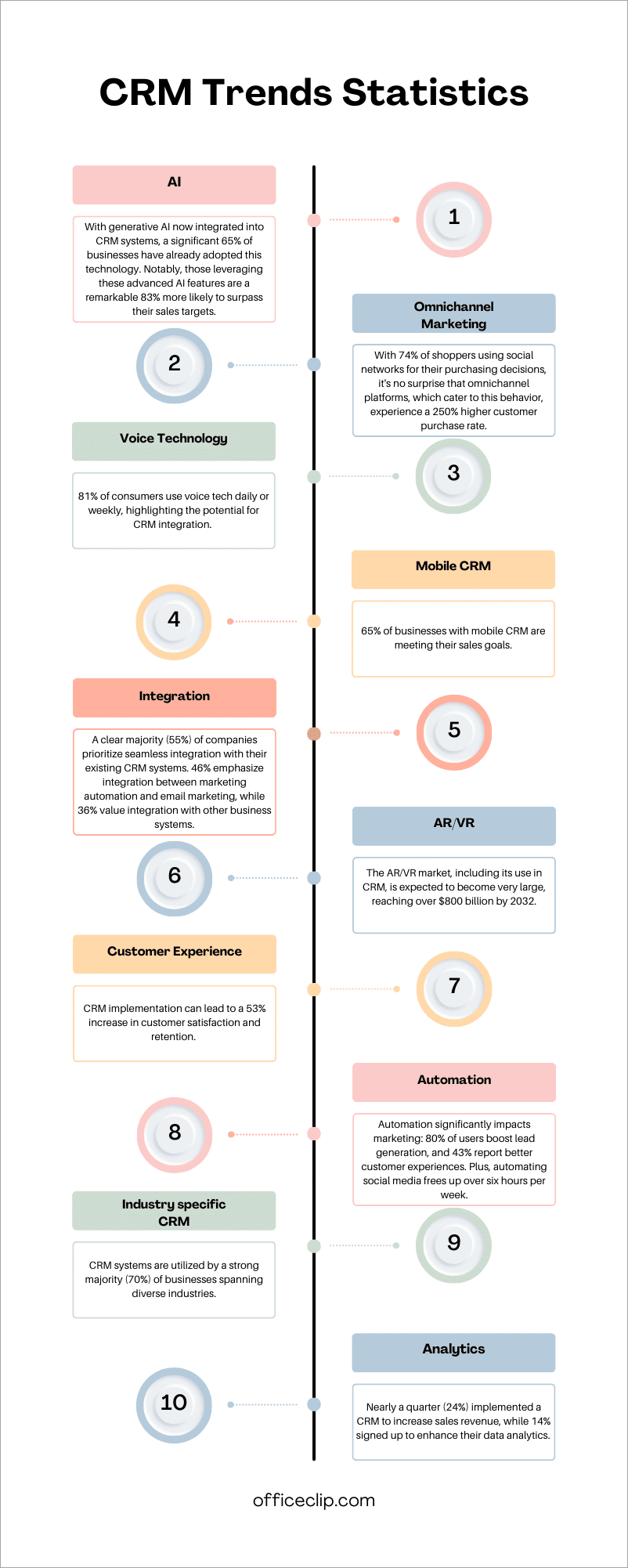
AI:
Artificial intelligence (AI) is revolutionizing the way businesses manage customer relationships. It creates intelligent machines that can learn and perform tasks like humans. AI analyzes vast amounts of data and creates algorithms, like step-by-step instructions for machines to complete specific actions.
AI helps businesses to increase their sales, detect fraud, improve customer experience, automate work processes and provide predictive analytics.
How AI is transforming CRM:
- Boosting Efficiency: AI automates repetitive tasks like report generation, email sending, and data entry, freeing up your sales team to focus on building relationships. This not only saves time but also minimizes human error.
- Competent Data Management: As the study mentions, 70% of CRM data goes bad each year, 18% of data is duplicated, and 91% of data in the CRM system is incomplete. AI tackles the challenge of messy CRM data. It identifies and eliminates duplicates, cleans up inconsistencies, and consistently updates your records.
- Deeper Customer Insights: AI analyzes customer behavior patterns and buying preferences, empowering your sales team to understand customer needs and tailor their approach to achieve better results.
- Personalized Customer Experiences: AI-powered virtual assistants will likely manage client interactions, schedule meetings, and generate leads based on past customer data, allowing for a more personalized and frictionless customer experience.
- Data-Driven Segmentation: AI helps segment your customer base by analyzing demographics, purchase history, and online behavior. This enables you to target specific customer groups with personalized campaigns, emails, and promotions, maximizing marketing effectiveness.
The impact of AI in CRM is undeniable. Studies show that AI adoption in CRM could significantly increase revenue and job creation within the next five years. The numbers speak for themselves: 28% of organizations have already adopted AI, and 41% plan to do so within two years.
Omnichannel:
What is Omnichannel Marketing?
Omnichannel is the idea of using all your channels to create one seamless experience for your customers.
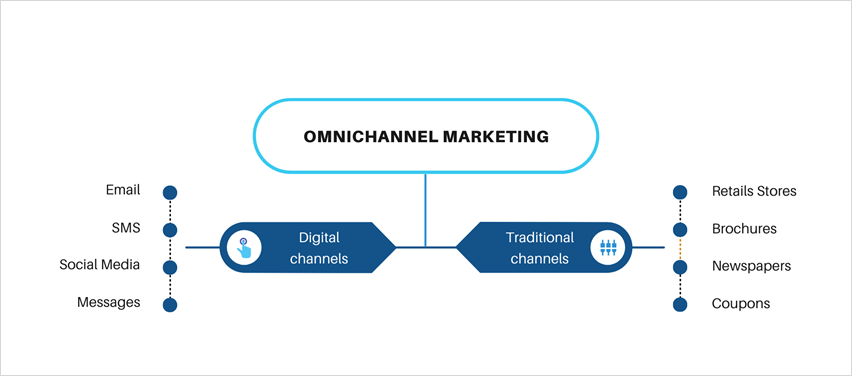
By uniting all these communication channels, the marketing team can help deliver more consistent results and retain customers with a good experience using multiple channels. Marketers using three or more channels for Marketing Campaigns:
- Earned 90% higher customer retention.
- 25% higher engagement rates and purchases.
- Customers who engage in omnichannel experience spend 13% more.
Omnichannel into CRM software:
- An Omnichannel CRM should be able to collect and organize all your customer data on a single platform, regardless of on which platform the information is entered. Whether through a webform or on a social media platform or through a form in the retail store.
- If all the information is unified in one place, it will streamline the sales and marketing team’s workflow. This centralized information will help to focus more on customer interactions, improving relationships, and customer retention.
- To achieve your goals, ensure how to blend this feature in your CRM system to improve your operations, generate revenue, and increase your brand awareness.
Voice Technology:
Voice Technology is one of the upcoming trends that CRM will be exploring. Many companies, like Salesforce, are investing in technology like Einstein and ZOHO in Zia voice technology. Voice-controlled interfaces is a fast-developing technology.
![]()
Siri, Google Assistant, and Alexa also provide a whole new communication level between customers and businesses. Experts expect CRM to utilize voice technology with AI and Machine learning. As per the study:
- The global voice recognition tech market reached close to 12 billion U.S. dollars in 2022 and is projected to amount to almost 50 billion U.S. dollars in 2029.
- Nearly 40% of smartphone users use voice recognition technology.
- Google says that 20% of mobile queries are voice searches.
How Voice technology is helping CRM:
- More Accurate Data Entry: Voice Recognition eliminates time-consuming and error-prone manual data entry. While with voice recognition, speech-to-text software will help to enter data faster with accuracy. According to a Stanford study, it has been found that using speech recognition technology is nearly three times faster than typing on any handheld device or phone.
- Task Automation: Handles repetitive tasks like sending emails, generating reports, or updating CRM entries with simple voice commands. This frees up valuable time for more focused activities.
- Call Centers: Voice technology is also useful in call centers where a lot of conversations take place. For example:
- It can take notes at a very high speed just by speaking.
- Call centers can use speech recognition technology to analyze customer behavior and purchasing patterns.
- Provides real-time support to call center employees while dealing with customers. It can give suggestions based on the voice tone or phrases used by the customers.
- It can identify situations where it can help to make certain offers to customers.
- Voice technology can also engage customers when the call center employees are busy or not able to attend calls.
Mobile CRM:
Today salespeople who are often traveling need access to all the information and regular updates in the organization related to customers or leads.
How Mobile CRM helps?
- Today’s most CRM functionalities are available in tablets, smartphones, and other devices. It provides real-time access to information anytime, anywhere. It has become more of a requirement than an option.
- Mobile CRM can keep the data secured with the help of passwords.
- It can help you to stay productive even while you are not in the office. You can converse with your leads, access customer data, track interactions, or you can update any records no matter where you are.
- It becomes easy to share information and documents across the teams whenever required.
Statistics:
- 50% of teams improved their productivity by using Mobile CRM.
- The Mobile CRM market will grow by 11% to $15 billion worldwide in the coming years.
- There are 110 CRM applications in the Apple app store and 46 in the Android app store.
- 48% of people are accessing CRM through their smartphones.
Mobile CRM Usage –

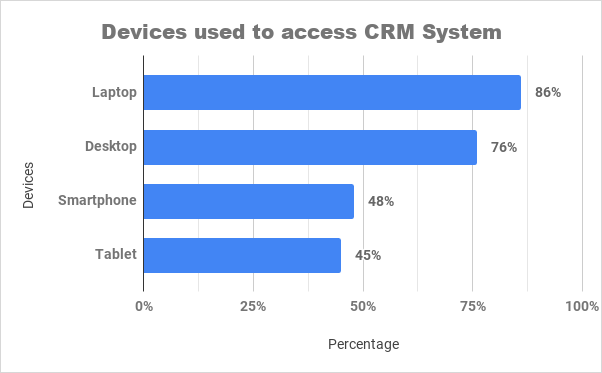
An increase in Mobile CRM usage means greater connectivity, improved communication, access to accurate information.
Integrations:
Every business strives to maximize sales and build stronger customer relationships. CRM software is a powerful tool to achieve these goals. However, integrating your CRM with other essential business systems can take your results to the next level.
CRM integrations allow your CRM to seamlessly connect with other applications like marketing automation tools, accounting software, and email platforms. This allows flowing of data effortlessly between systems, automating tasks and eliminating manual data entry. Imagine:
- Marketing campaigns automatically triggers based on customer interactions in your CRM.
- Sales opportunities seamlessly flow into your accounting system for faster invoicing.
- Customer service reps have a complete view of customer history at their fingertips.
The types of Integrations with CRM software are:

CRM technology is constantly evolving, offering advanced integration capabilities with a wider range of third-party applications. This trend will further enhance the functionality of your CRM and streamline workflows across your entire organization. These integrations will:
- Automate repetitive tasks, freeing up your team to focus on higher-value activities.
- Eliminates errors associated with manual data entry.
- Teams across departments can access and share relevant customer information, fostering better collaboration.
While integrations offer significant benefits, it’s important to consider these factors:
- Technical Expertise: Setting up some integrations may require technical support. Evaluate your in-house resources or consider partnering with a CRM implementation specialist.
- User Training: Provide adequate training to ensure your team can leverage the new functionalities effectively.
Investing in CRM integrations is a strategic decision that can significantly improve your operational efficiency and empower you to deliver exceptional customer service.
AR and VR:
Augmented Reality (AR) and Virtual Reality (VR) are revolutionizing the way businesses interact with customers. These technologies are transforming the customer journey, offering immersive experiences that enhance engagement and drive sales.
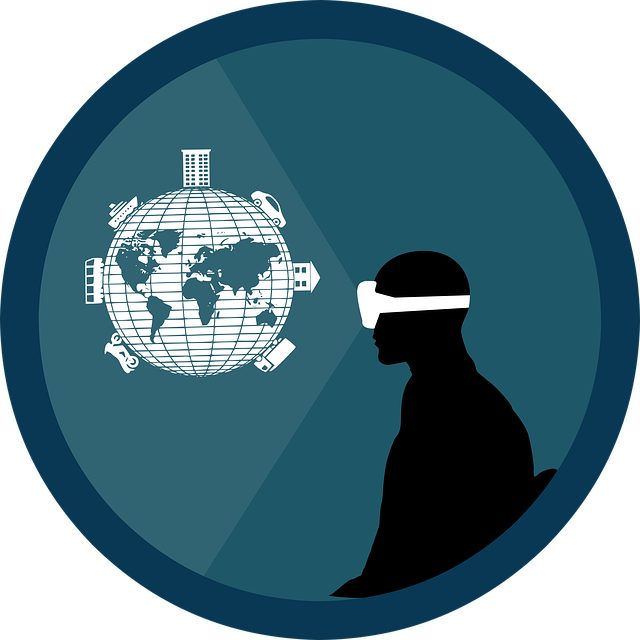
VR:
Imagine browsing a virtual store from the comfort of your couch! VR technology empowers retailers to:
- Attract customers to physical stores: VR experiences can showcase products and store environments, enticing customers to visit in person.
- Offer virtual product tours: Allow customers to explore products in 3D, fostering a deeper understanding and boosting purchase confidence.
AR:
AR technology is making waves across industries:
- IKEA’s mobile app lets customers virtually place furniture in their homes, ensuring a perfect fit before they buy.
- Car manufacturers like Audi and Kia use AR manuals, allowing users to point their smartphones at specific features and receive detailed information through video overlays.
Statistics:
- The AR and VR market is presently estimated to be $50 billion and is expected to become a whopping $600 billion+ market by 2025.
- 61% of shoppers prefer stores that offer augmented reality experiences.
- If shoppers could experience AR products, 71% would return more often, and 40% would pay more.
- 67% of advertising agencies are making more use of AR.
The Benefits of AR & VR Integration with CRM:
- Enhanced Customer Experience: Interactive product experiences lead to higher satisfaction and loyalty.
- Improved Decision-Making: Customers can visualize products in real-world settings, leading to more informed purchases.
- Increased Sales Conversions: Studies show a 40% higher conversion rate with AR experiences.
Customer Experience:
In today’s competitive market, customer experience (CX) is crucial for businesses because customers care most about how they’re treated.
About 86% of customers are willing to pay a premium for exceptional service. Recognizing this, businesses are prioritizing CX initiatives, with 44% planning to increase investments in this area.
Here’s why CX matters:
- Boosts Loyalty: Customers who have positive experiences are more likely to become repeat buyers. Studies show that a poor CX experience can drive away even loyal customers, with 49% having switched brands due to bad service.
- Enhances Retention: Treating customers well enhances long-term relationships. By prioritizing their needs, you can encourage them to stick with your brand.

Modern CRM technology allows for personalized experiences, leading to higher engagement and customer retention. By analyzing buying patterns and preferences, businesses can create targeted email campaigns or promotions for each customer, creating a better connect.
Automation:
CRM automation is a game-changer for businesses. It frees your team from repetitive tasks like sending emails and scheduling follow-ups, allowing them to focus on building relationships and closing deals.
It tackles repetitive tasks like:
- Sending personalized post-purchase emails
- Welcoming new customers with automated campaigns
- Generating follow-up tasks and reminders
- Scheduling demos and events
- Streamlining renewals with automated notices
- Delivering targeted promotions
- CRM automation also empowers you with lead scoring, marketing tools, and seamless integrations.
How automation has benefitted businesses?
- Businesses using marketing automation report an 80% increase in lead generation.
- Automation boosts efficiency and marketing ROI by a staggering 45%.
- Over 75% of businesses see higher conversion rates after implementing marketing automation.
Industry Specific CRM:
Today, CRMs are designed to cater to the unique needs of various industries, like accounting, healthcare, marketing, construction, non-profits, etc. This trend is gaining traction for a good reason.
Industry-specific CRMs come pre-loaded with features and functionalities specific to your field. This includes:
- Pre-built functionality: Industry-specific CRMs use terms you’re familiar with, making data entry and analysis easy.
- Relevant Fields & Forms: These CRMs have pre-built fields and forms that perfectly align with your industry workflows.
- Seamless Integrations: Industry-specific CRMs often integrate with popular tools used in your sector, saving you time and effort.
Benefits of using industry-specific CRM:
- Faster Implementation: You can get started quickly with an industry-specific CRM that requires minimal customization.
- Improved Efficiency: Work smarter, not harder, with features designed to streamline your specific workflows.
- Deeper Customer Insights: It helps gain a clearer understanding of your customers with industry-specific data analysis tools.
Analytics:
In today’s fast-paced business world, making quick and informed decisions is critical. CRM analytics is a useful tool to transform data into actionable insights to design future strategies.
Here’s how it empowers your business:
- Uncover Customer Trends: CRM analytics empowers you to analyze customer purchases, buying patterns, and behavior. This deep understanding helps you identify trends and opportunities to provide a better customer experience.
- Predict Customer Needs: By analyzing past data, you can anticipate future customer needs and preferences. This enables you to offer the
right products and services at the right time, maximizing customer satisfaction and loyalty. - Design strategies: Use data-driven insights to develop targeted marketing campaigns, optimize product offerings, and refine pricing strategies.
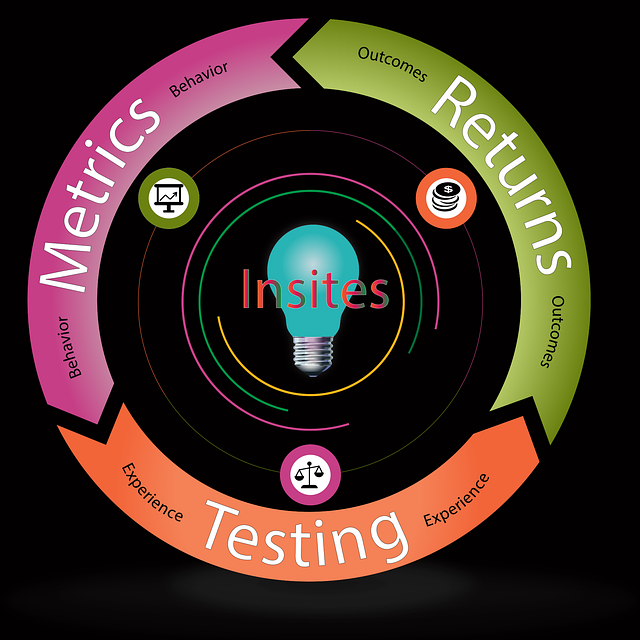
Many CRM systems offer robust reporting features, including pre-built reports and the ability to create custom reports tailored to your specific business needs. This allows you to delve deeper into your data, uncovering hidden trends and opportunities for growth.
CRM analytics, enables you to make smarter decisions, optimize your operations, and ultimately achieve greater success.
The CRM landscape is constantly evolving, with new technologies and trends emerging all the time. While it can be challenging to decide which implementations are right for your business, there are resources available to help. Consider using a Decision Matrix Template to weigh the pros and cons of each option and identify the best fit for your specific needs.
Remember, staying informed and adapting to new advancements is key to achieving your goals in today’s competitive market.
Note:
This blog has been published in 2020 and has been updated.
References used:
- Freshworks
- Wisernotify.com
- Businesswire.com
- Linkpoint360.com
- Emailvendorselection.com
- Threekit.com
- Webfx.com
Deepa Kapoor is an online writer for small businesses. She loves to write on the advancements of new technologies and how it affects our lives. She always explores ways to make small businesses more profitable. When not writing, she enjoys reading books and cooking exotic traditional food.

